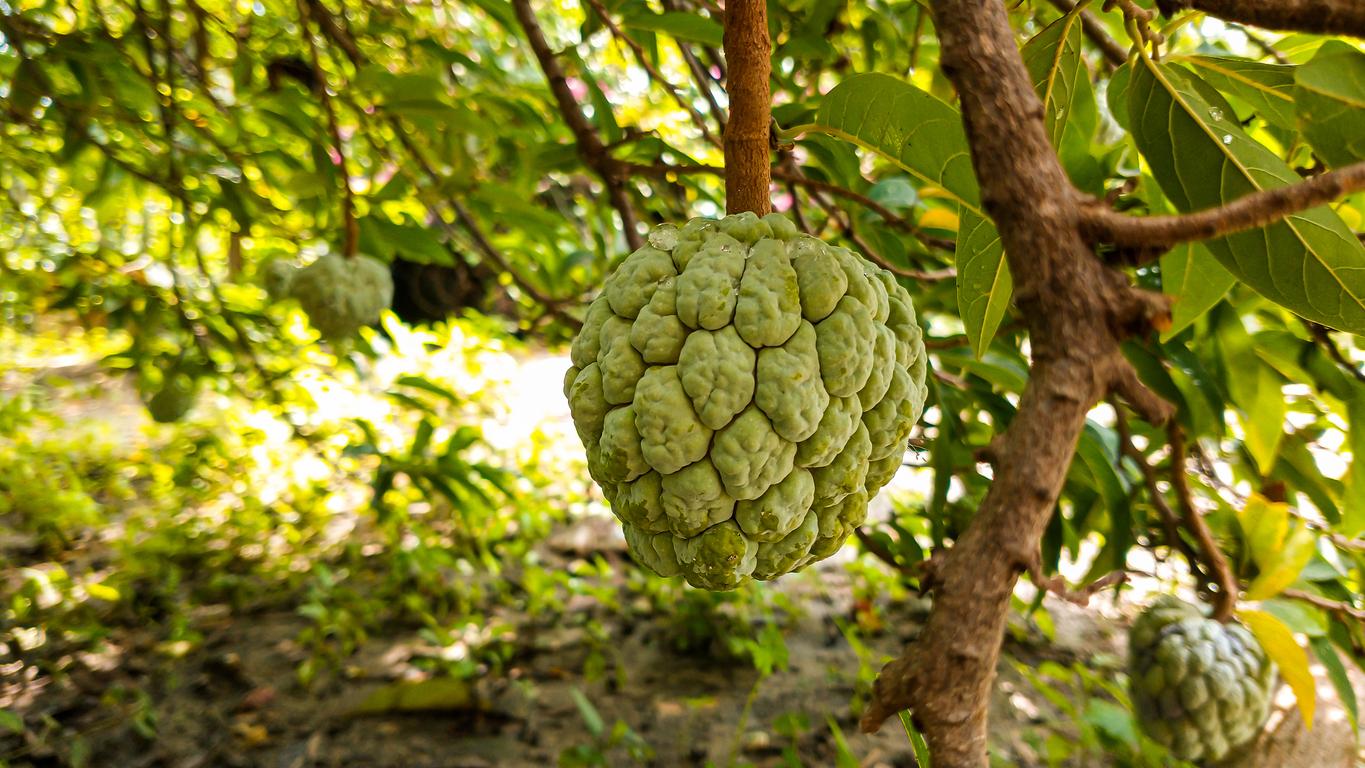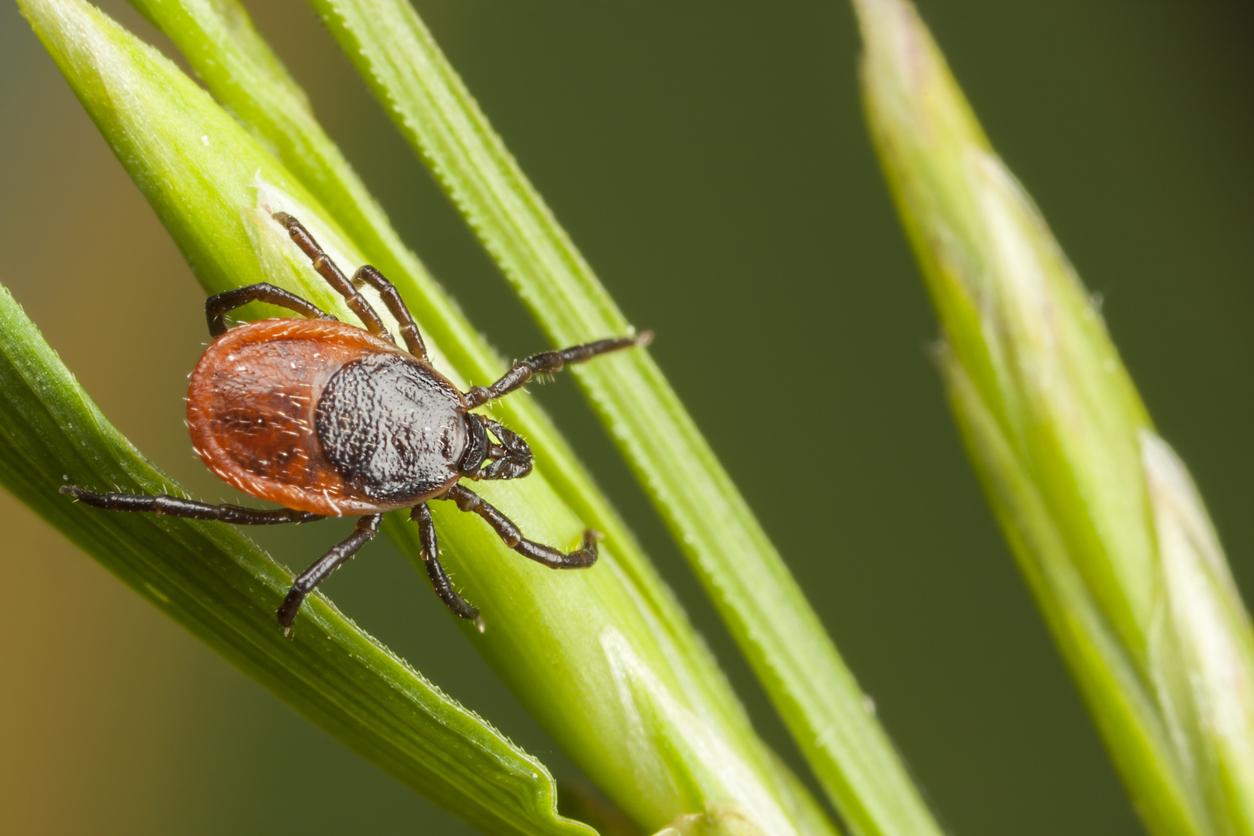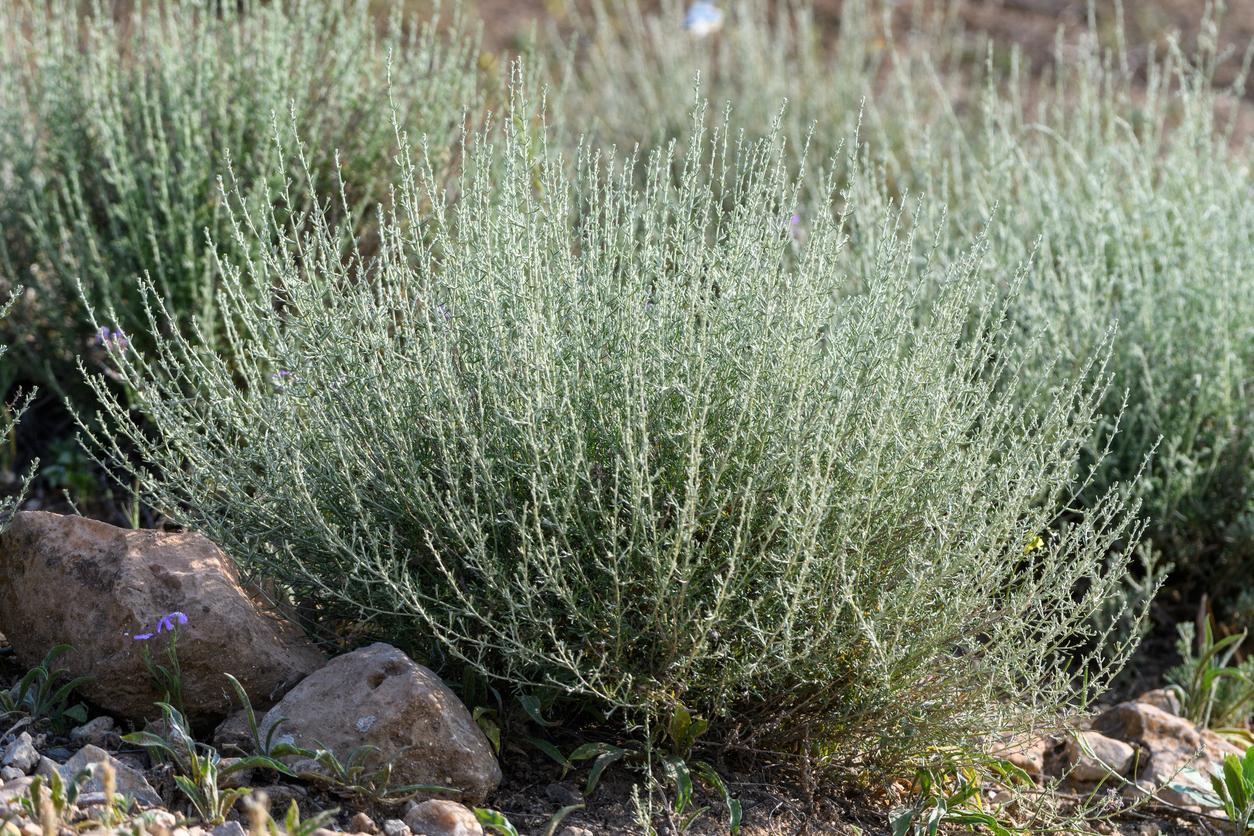Substances extracted from the leaves of a plant, called Annona squamosa, are said to have analgesic, anti-inflammatory and anti-arthritic potential.

- Annona squamosa, also called attier or cinnamon apple tree, is a fruit shrub found in Brazil.
- Its two substances, methanolic extract and palmatine, have anti-inflammatory, analgesic, and antihyperalgesic effects.
- “Palmatine could be one of the components responsible for the antiarthritic properties of the plant,” according to the authors.
Known as the attic or cinnamon apple tree, Annona squamosa is a species of flowering plant in the Annonaceae family. This fruit shrub is native to tropical America and is found in particular in Brazil. Beyond its taste benefits, the latter is used in medicine to treat pain and arthritis, because it contains palmatine, which is an isolated alkaloid (a substance found in certain medications). In recent research, scientists from different Brazilian universities took a closer look at the properties of Annona squamosa.
Methanolic extract and palmatine are effective in fighting inflammation
To carry out the study, they first dried the leaves of the cinnamon apple tree and then transformed them into powder. Next, the team evaluated the methanolic extract of the plant (methanol is used as a solvent and then removed by evaporation to obtain a dry extract) and palmatine. The methanolic extract and palmatine were administered orally to mice and examined in several experimental models, including “pleurisy (inflammation of the pleura, the membranes that line the lungs and chest wall) induced by a substance called ‘carrageenan’, joint inflammation induced by zymosan and mechanical hyperalgesia (increased sensitivity to painful stimuli) induced by TNF (tumor necrosis factor, a signaling protein produced by defense cells that plays a crucial role in regulating the immune response).”
The results, published in the journal Pharmaceuticalsshowed that the methanolic extract and palmatine extracted from Annona squamosa had analgesic and anti-inflammatory potential. Palmatine also has antihyperalgesic properties, which may involve inhibition of the tumor necrosis factor-mediated pathway. “We also concluded that palmatine could be one of the components responsible for the antiarthritic properties of the plant,” the scientists said.
Apple cinnamon, an alternative to opioids
According to them, this plant thus represents a possible alternative to the main pharmacological treatments for pain, such as opioids and non-steroidal anti-inflammatories, whose prolonged use can cause various side effects, such as dependence, ulcers and events. cardiovascular thrombotics.
Although these results are encouraging, the team believes that additional work is needed to determine whether, in other formulations, the effects and pharmacokinetic properties of palmatine would be altered. Furthermore, the toxicity of the compounds and the doses required to achieve the therapeutic effect for clinical use should be assessed.
















